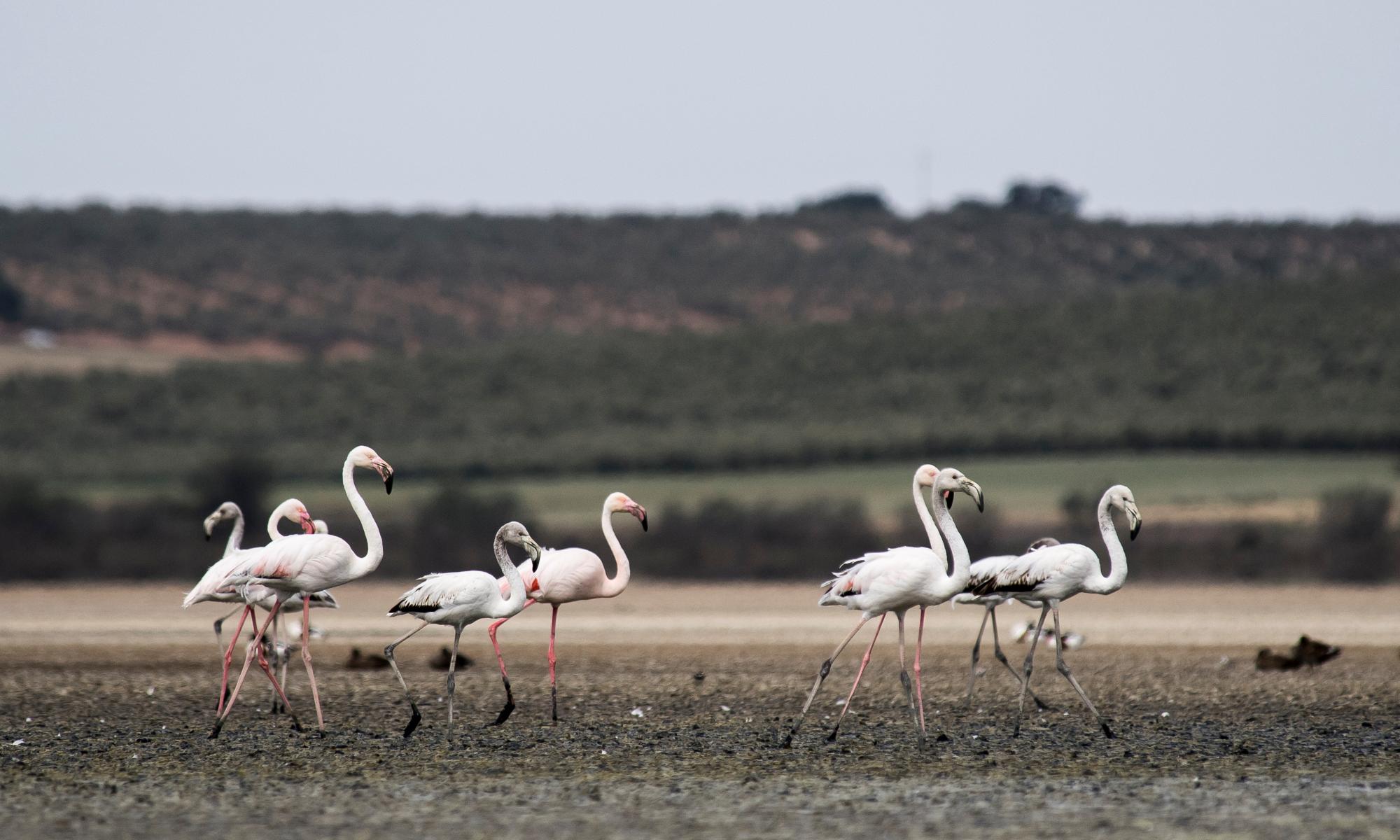Industry groups representing some of the world’s largest companies are “opposed to almost all major biodiversity-relevant policies” and are lobbying to block them, according to a new report.
Researchers found that 89% of engagement by leading industry associations in Europe and the US is designed to delay, dilute and block progress on tackling the biodiversity crisis, which scientists say is as serious as the climate emergency. Just 5% of support was positive and the remaining 6% was mixed or neutral, according to the climate thinktank InfluenceMap.
The researchers focused on associations representing five key sectors – agriculture, fisheries, forestry and paper, oil and gas, and mining – which have the greatest impact on biodiversity loss.
The study looked at 750 pieces of evidence such as press releases, blog posts, reports, speeches and social media accounts, made by 12 industry associations, including the US Chamber of Commerce, the American Petroleum Institute, BusinessEurope, and European farmers’ interest group, Copa-Cogeca.
JP Morgan Chase, Amazon, Apple, Toyota, Microsoft, Samsung and ExxonMobil are among the members of these associations. Researchers did not examine whether these policy positions aligned with the views of individual companies, many of which have made public commitments to protecting biodiversity.
The US Chamber of Commerce has lobbied against efforts to regulate PFAS, the widespread but largely toxic “forever chemicals” that are often used in insecticides in the US. Copa-Cogeca, which represents farming groups, opposed pesticide reduction targets in the EU’s biodiversity and “farm to fork” strategies. It also opposed the EU’s ban on certain neonicotinoid pesticides. In 2021, the president of BusinessEurope published an open letter that appeared to oppose the single-use plastics directive guidelines.
Several groups have said the war in Ukraine is a reason to push back on biodiversity policies and roll back regulation but in many cases these same groups were lobbying from similar positions before the war.
The American Petroleum Institute (API), for example, has lobbied to weaken restrictions on oil and gas production on federal land since 2017. In 2022, a letter to the US president, Joe Biden, reinforced this position, citing concerns about energy security as a result of the Ukraine invasion.

There was also successful lobbying to roll back environment policies under the Trump administration, and to weaken the Endangered Species Act in the US and the EU’s birds and habitats directive. The report found the API has been the most active in lobbying against statutory protection of specific species such as bees, seals and polar bears.
“Although industry associations, especially in the US, appear reluctant to discuss the biodiversity crisis, they are clearly engaged on a wide range of policies with significant impacts on biodiversity loss,” researchers wrote in the report.
InfluenceMap has previously analysed companies’ positions on the climate crisis. This is its first analysis to focus specifically on biodiversity loss. The report is released in preparation for the Cop15 biodiversity conference in Montreal in December where UN targets for the next decade will be set. The world has failed to meet a single such target in previous years.
“Scientists are warning that biodiversity loss is occurring globally at an unprecedented rate, yet powerful industry associations are overwhelmingly pushing back against policies designed to slow or reverse this trend,” said Rebecca Vaughan, InfluenceMap’s programme manager, who wrote the report.
“This research sheds new light on an area of lobbying that has largely been able to slip under the radar and should act as a wake-up call to policymakers ahead of the UN’s upcoming biodiversity conference.
“While it may not be surprising that some of these industry associations are pushing back on environmental protections, the sheer scale and range of lobbying on biodiversity-relevant policy was surprising.
“This report also raises the question as to whether these industry associations are fairly representing the policy positions of their corporate members, many of which have made public commitments on biodiversity protection.”
The study looked at the EU and US because the data was more widely available in these regions. A report by InfluenceMap released earlier this year found that leading oil and gas companies spend tens of millions publicising environmental work but only 12% of their capital expenditure went into low-carbon development.
A spokesperson for Copa-Cogeca said: “We never opposed the underlining objective of increased sustainability and together with our members we very much work on best ways to reconcile increased sustainability and food production. We believe this is key.”
The spokesperson said Copa-Cogeca recognised the associated risk of neonicotinoids but believed they were important to maintain the production of sugar beet and oilseeds in Europe. “We have volunteered to the European Commission for risk-reduction measures to reduce the exposure of pollinators but this has not been taken onboard.”
Chuck Chaitovitz, vice-president for environmental affairs and sustainability at the US Chamber of Commerce, said: “The business community supports accelerating cleanup of this broad group of chemistries, based on the best science and risk. However, all PFAS are not the same. Many have societally valuable applications, from cellphones, medical devices, solar panels to public safety and national security uses. The chamber has been engaged in discussions about how best to address PFAS, while ensuring there aren’t unintended consequences and costs.”
Megan Bloomgren, API’s senior vice-president of communications, said: “API member companies continue to make investments towards innovation, research and best practices to further reduce GHG [greenhouse gas] emissions and tackle the climate challenge.”
BusinessEurope did not respond to the Guardian’s request for comment.
Find more age of extinction coverage here, and follow biodiversity reporters Phoebe Weston and Patrick Greenfield on Twitter for all the latest news and features


